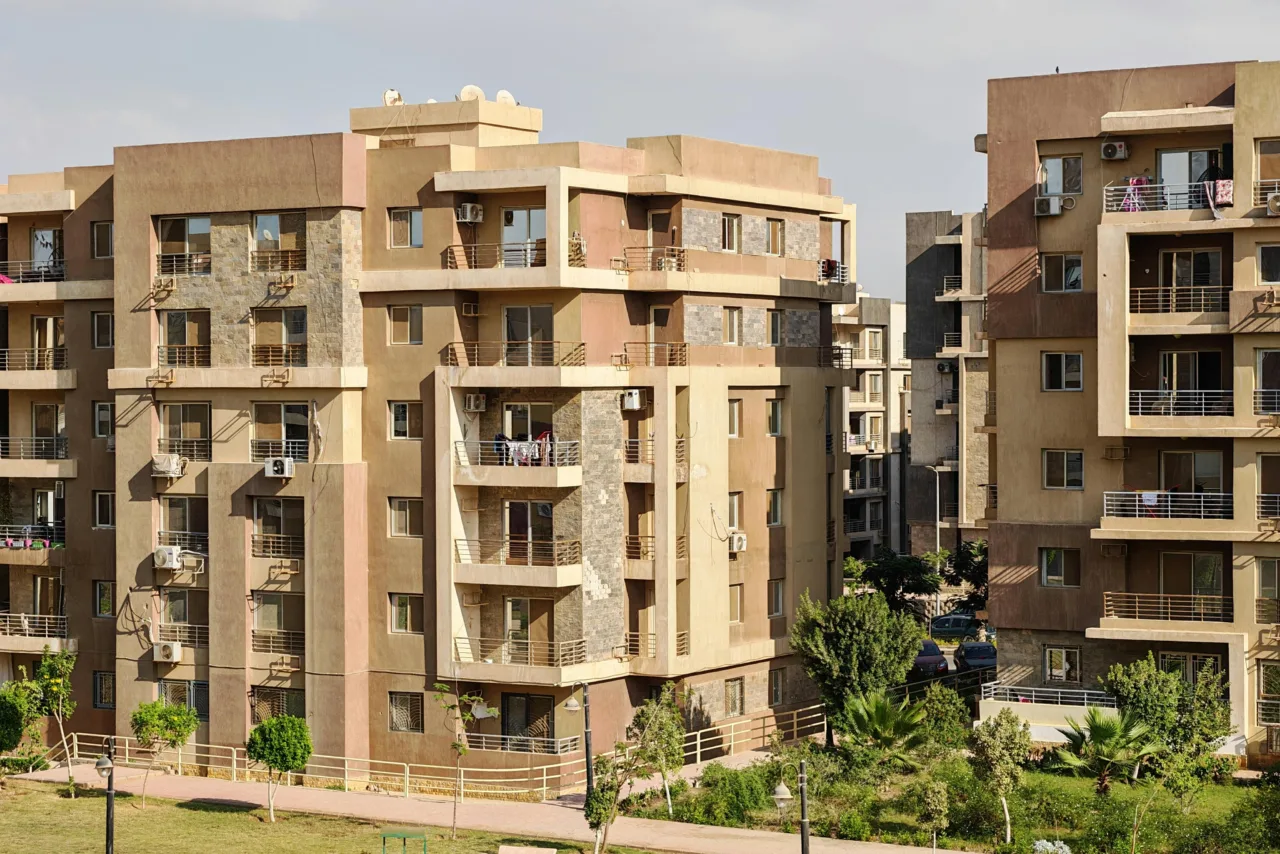
Understanding Moroccan Property Law for Foreigners: Rights and Restrictions for Owners
Foreign investment in Moroccan land tenure systems has increased steadily, yet buying property requires an in-depth knowledge of Morocco’s legal framework, including land tenure systems that outline property ownership, usage rights, and restrictions that foreign buyers must observe when investing there.
Understanding Moro time is also essential for foreign buyers seeking to coordinate property viewings, legal processes or communications with local authorities in Morocco. WET (Western European Time) operates during Morocco’s property transactions – by understanding Moro time you ensure deadlines, meetings and document signings take place as planned, thus avoiding delays during property transactions.
Moroccan land tenure systems property law blends civil law principles with customary practices, creating diverse land tenure systems in Morocco. These tenure systems categorize land into private, collective, and state ownership types – each having different rules, eligibility criteria, and restrictions for foreign investors.
Types of Moroccan Land Tenure Systems
1. Private Land (Mulk):
Private land, known in Moroccan law as Mulk, can be owned outright by individuals or corporate entities; foreigners typically purchase urban properties, villas and apartments through this system. Acknowledging all the rights associated with Mulk in Moroccan land tenure systems is crucial in order to avoid legal issues that might arise as a result.
2. Collective or Tribal Land (Makhzen or Habous): Collective land is owned by local communities, tribes or religious foundations and requires permission from local authorities for foreign acquisition. Understanding Moroccan land tenure systems helps foreign buyers navigate any legal restrictions.
3. State-Owned Land (Domaine Public or Domaine Prive de l’Etat):
State-owned lands include both public and private properties owned or managed by the government, with foreign ownership highly restricted; leases or concessions may be available depending on circumstances; it is essential that foreign buyers understand Morocco’s land tenure systems in order to avoid making prohibited acquisitions.
Legal Considerations for Foreign Buyers
Foreign investors looking to purchase property in Morocco should carefully consider various legal considerations before purchasing property:
Due Diligence: Examine the property’s legal standing and classification according to Moroccan land tenure system.
Verification of Title at Local Land Registry: Make sure all details about a title match with those listed at your local land registry.
Taxes and Fees: Be sure to include property taxes, registration fees and notary costs when setting out your budget plan.
Scheduling with Moro Time: Scheduling meetings, document signing, and property viewings according to Moro Time is key for efficiency and avoiding missed deadlines.
Legal Representation: Engaging an experienced Moroccan real estate lawyer will ensure compliance with all legal requirements. For guidance and support please reach out to our team of advisors.
Property Registration and Ownership Rights.
Registering at the land registry protects foreign buyers under Moroccan law, making ownership rights legally enforceable and understanding Moroccan land tenure systems vital for inheritance, leasing and reselling properties. Scheduling all related processes according to Moro time can reduce delays and legal complications.
Opportunities and Restrictions in Investment.
Foreign buyers looking for investment properties should focus on urban and private lands in urban and tourist areas, rather than agricultural or collective properties, due to potential restrictions in these types of investments. Gaining knowledge of Moroccan land tenure systems and Moro time can assist investors in identifying legal opportunities while mitigating potential risks.
For additional insights into real estate investment, check out this Forbes article about blockchain in real estate.
Steps for an Successful Property Purchase
Confirm the property type according to Morocco’s land tenure system.
Consult with a legal advisor in your locality to verify and ensure compliance.
Review taxes, fees, and potential returns.
Plan meetings and transactions according to Moro time.
Negotiate the sale agreement taking legal considerations into account.
Complete registration in order to protect your ownership rights.
Understanding Moroccan land tenure systems and aligning activities with Moro time are crucial for foreign buyers who wish to make informed decisions and protect property rights. Discover more about Moroccan real estate contact us now for personalized guidance



Leave a Reply